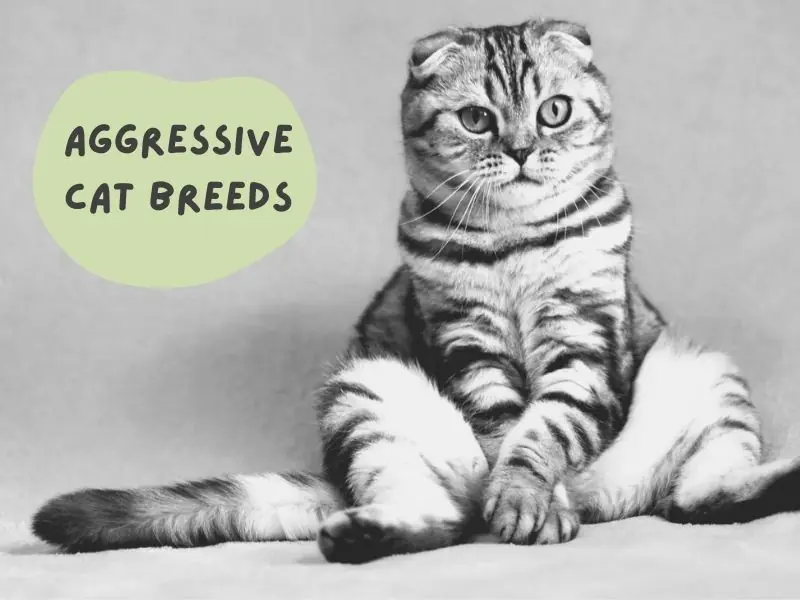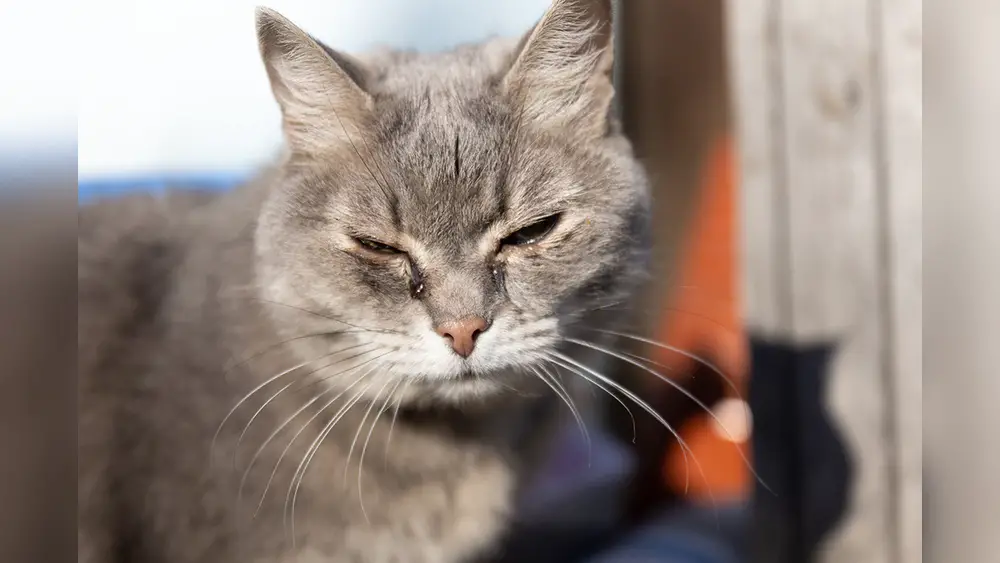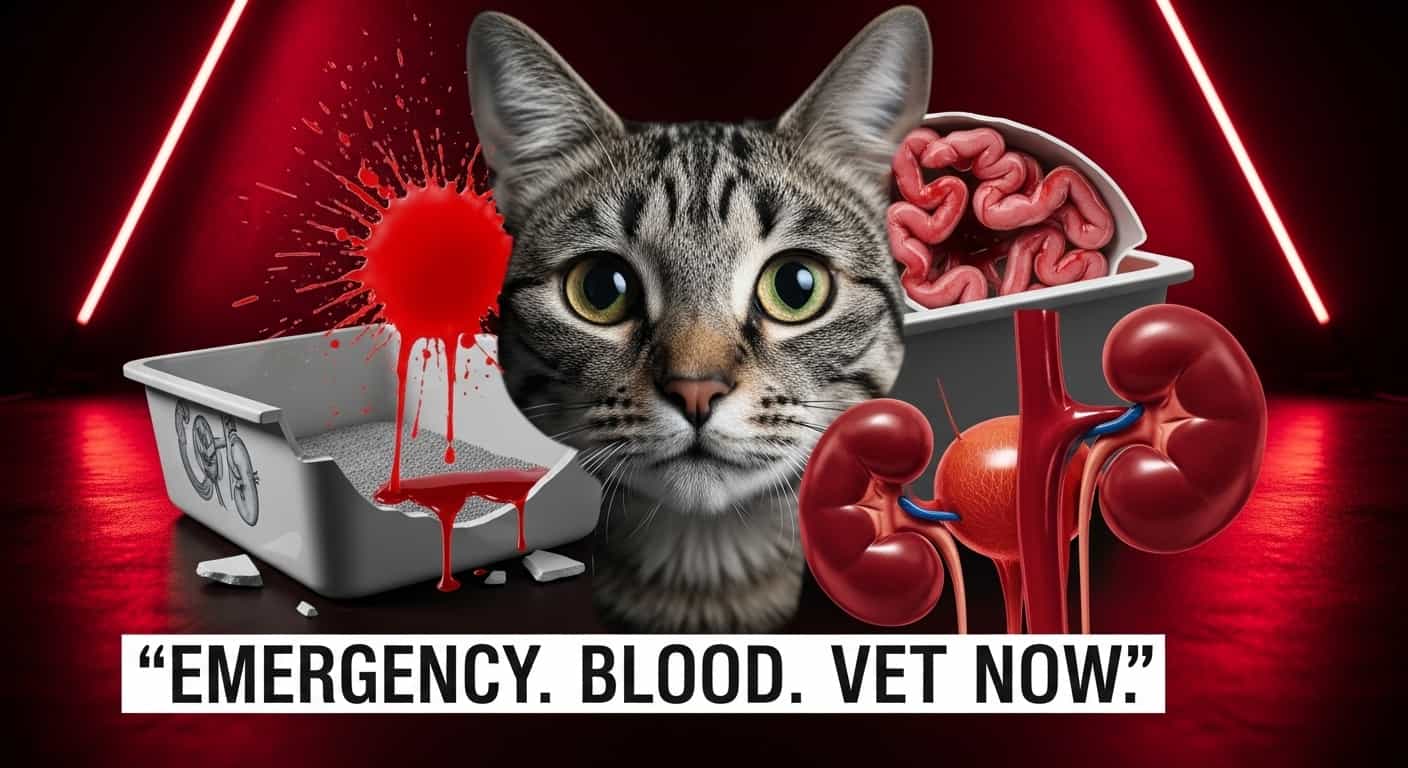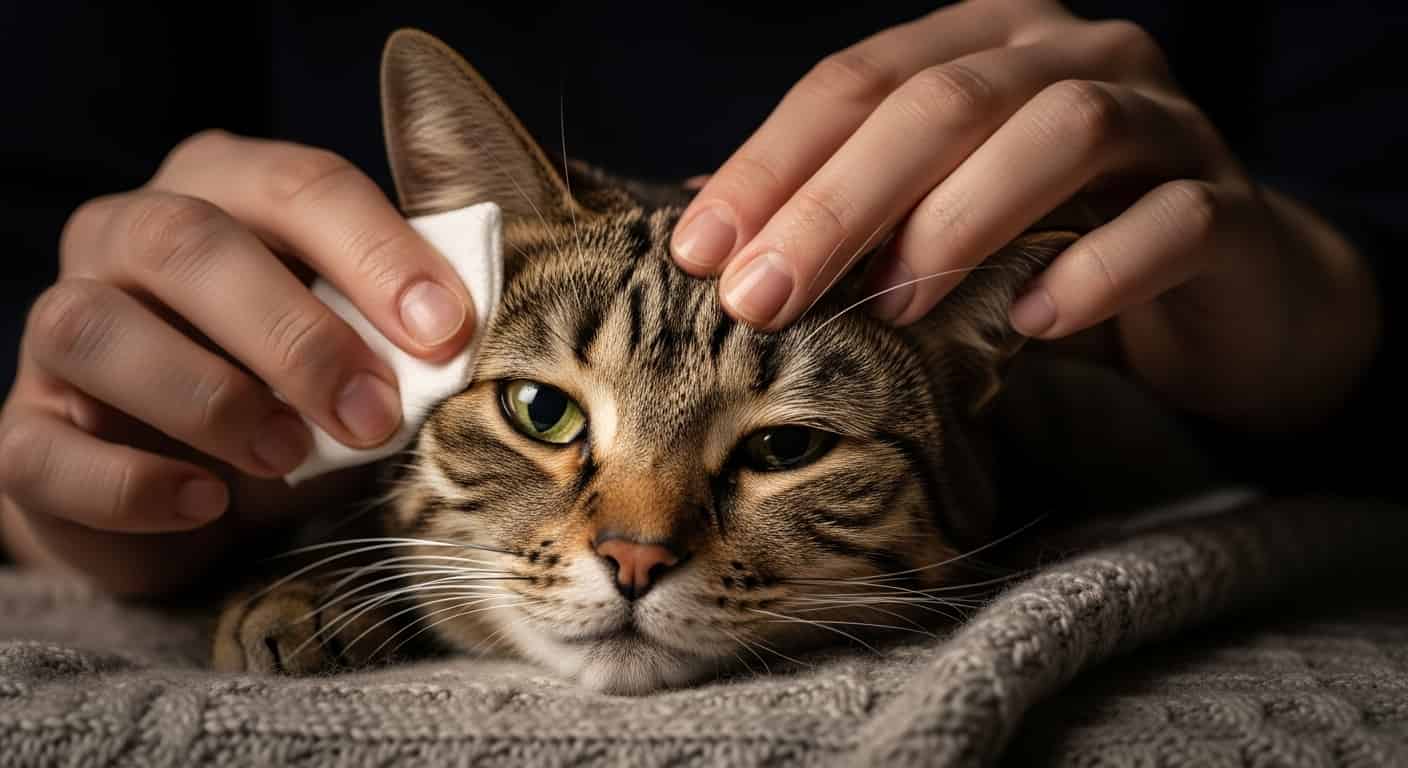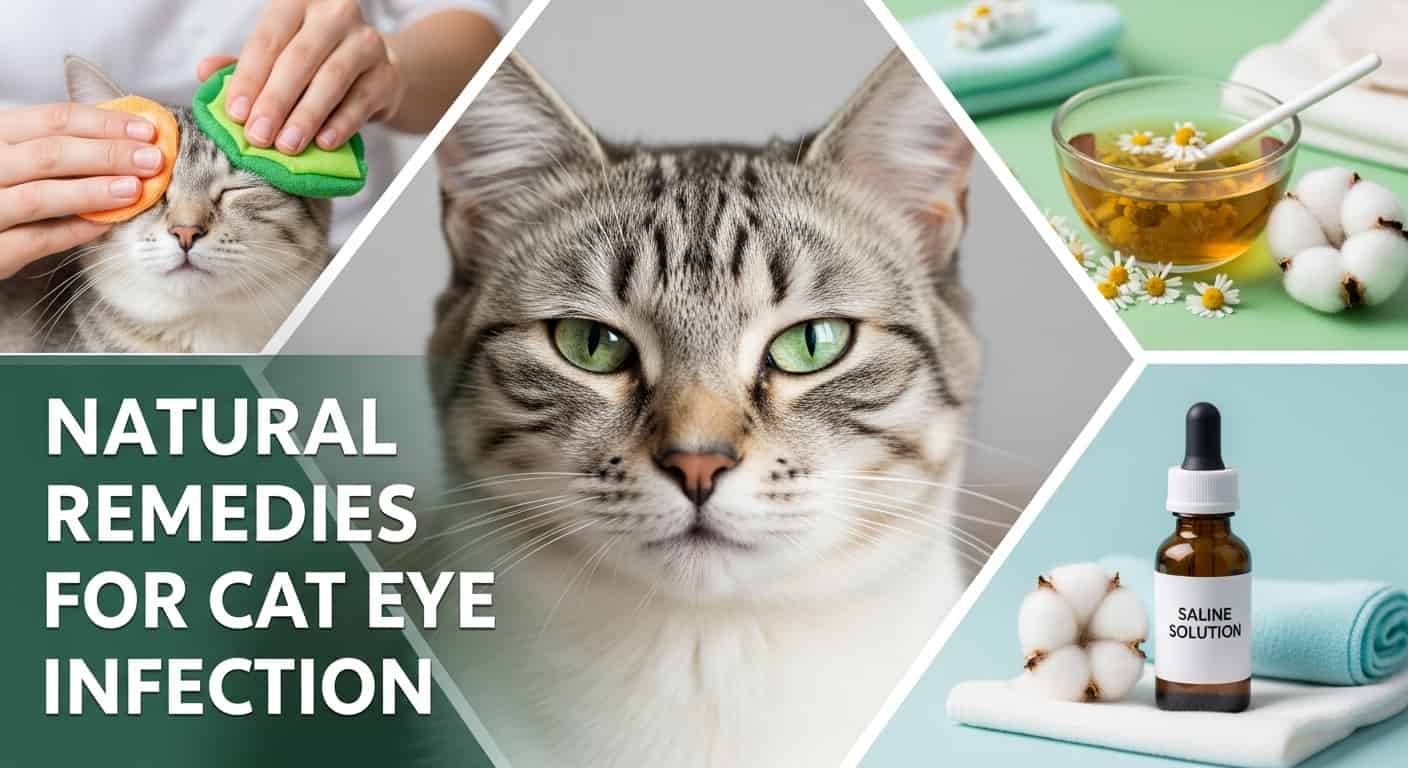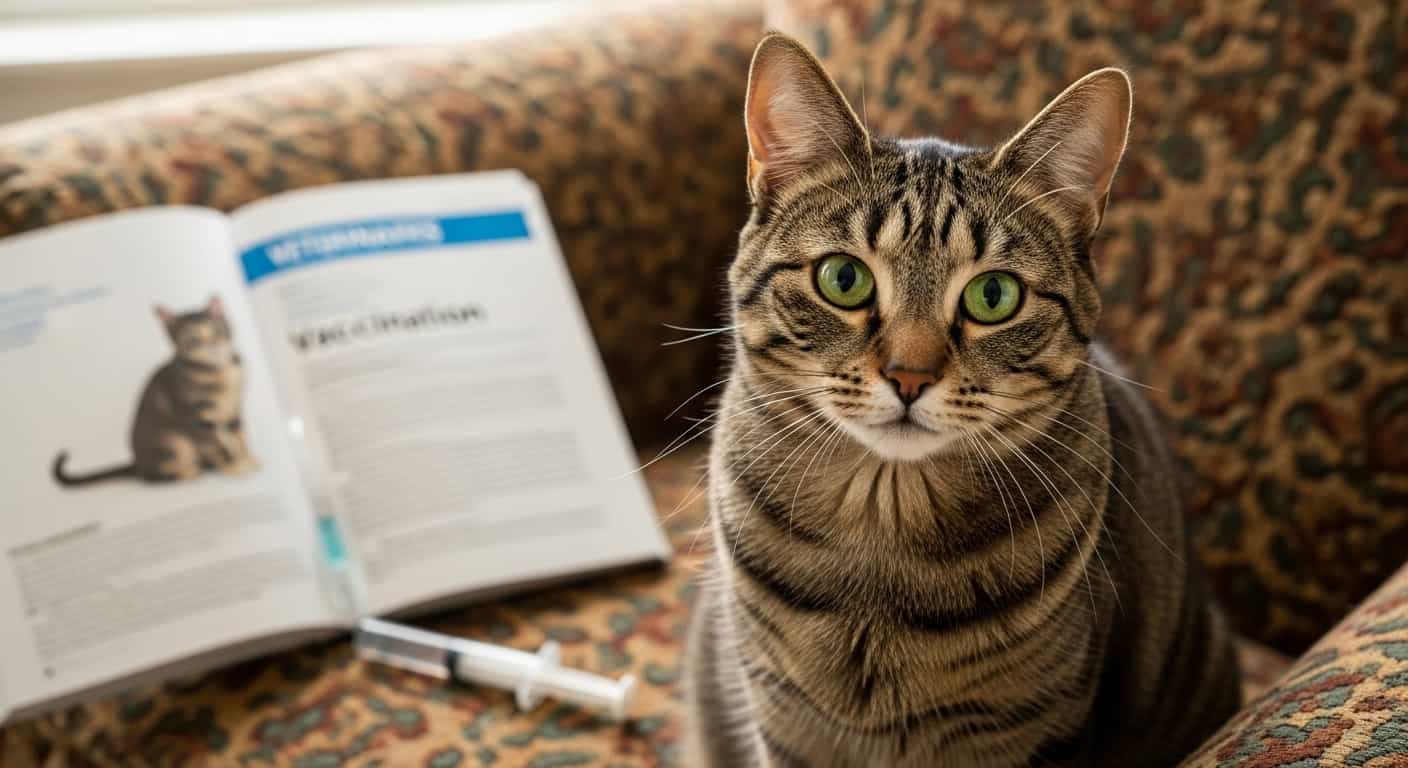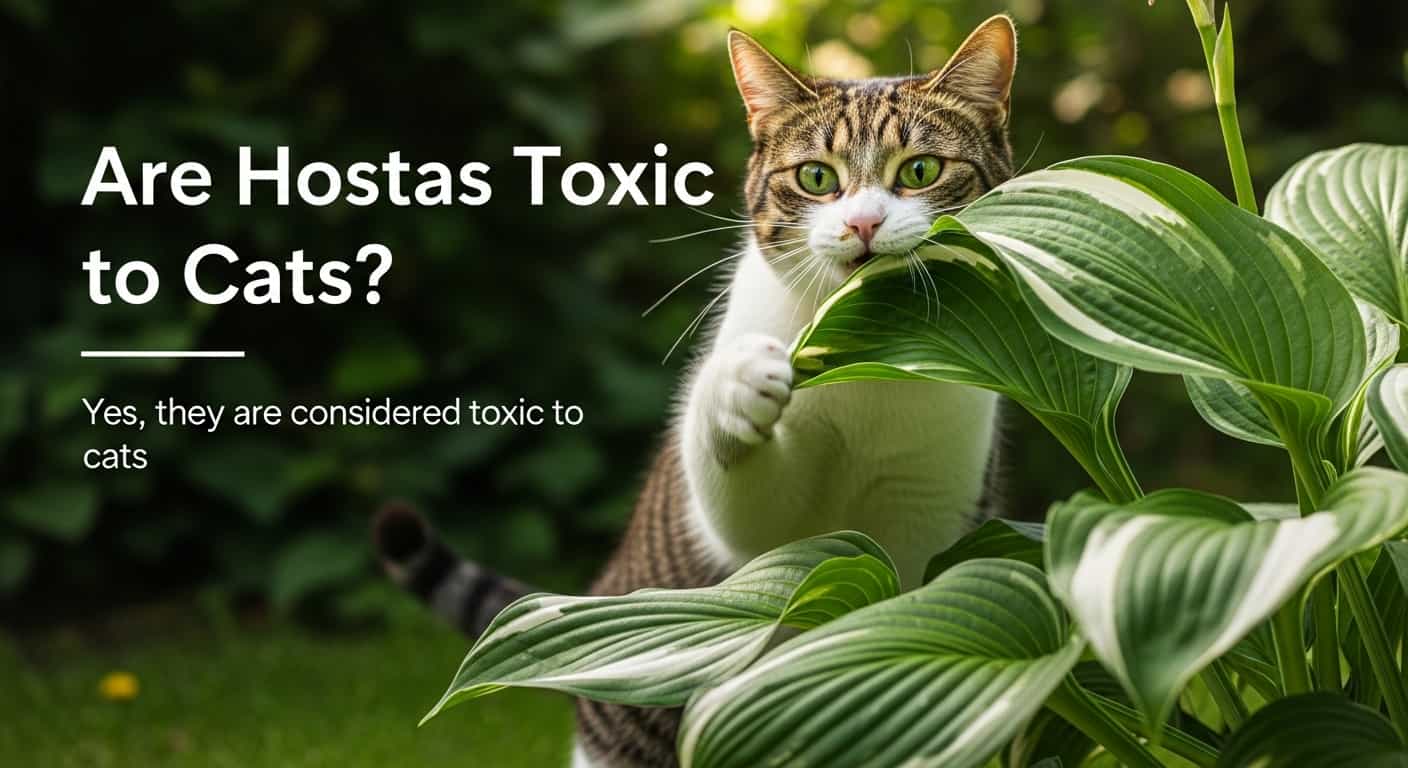Some cat breeds exhibit more aggressive tendencies than others. These breeds may require experienced owners to manage their behavior.
Table of Contents
ToggleAggressive cat breeds are often misunderstood. Cats like the Siamese, Bengal, and Sphynx can show aggressive traits. Siamese cats are vocal and territorial, while Bengals are energetic and need constant stimulation. Sphynx cats crave attention and may become aggressive if they feel neglected.
Understanding the specific needs of these breeds helps in managing their behavior. Proper training and socialization from an early age can mitigate aggressive tendencies. Consulting with veterinarians or pet behaviorists can also offer valuable insights. Ensuring your cat is mentally and physically stimulated is essential. Always provide a loving environment to reduce aggression.

Introduction To Aggressive Cat Breeds
Cats may be aggressive due to genetics. Some breeds have traits that make them more territorial. Another reason is lack of socialization. Cats not exposed to people or other pets early may act out. Health issues can also cause aggression. Pain or illness makes cats more irritable. Stress is another factor. Changes in environment can upset them.
Aggressive cats are not always mean. Many think only certain breeds are aggressive. This is not true. Any cat can show aggression. People also believe aggressive cats cannot be trained. With patience, any cat can learn to be calm. Some think aggression means a cat is feral. Even well-loved pets can have aggressive moments.
Identifying Aggressive Behavior
Common signs include hissing, growling, and swatting. Cats may also show dilated pupils and flattened ears. An arched back and bushy tail can also indicate aggression. Scratching and biting are more obvious signs. Watch for these behaviors to stay safe.
Triggers include loud noises and unfamiliar people. Cats may also react to other animals or feel threatened. Lack of socialization can lead to aggressive behavior. Pain or illness can also make cats act out. Changes in environment can be a major trigger.

Here's a related post that you might find useful. Munchkins Cat Breed: Adorable Traits & Care Tips Revealed
Top Aggressive Cat Breeds
Use positive reinforcement to train aggressive cats. Reward good behavior with treats and praise. Avoid punishment, as it can make aggression worse. Spend time playing with your cat daily. Use toys that mimic prey to engage their hunting instincts. Keep a consistent routine to help your cat feel secure. Train in short, regular sessions to avoid stress. Always use calm and gentle methods.
Identify triggers that cause aggression in your cat. Remove or reduce these triggers if possible. Create a safe space where your cat can retreat and relax. Gradually desensitize your cat to stressful situations. Use pheromone diffusers to help calm your cat. If needed, consult a veterinarian or a pet behaviorist for professional advice.

Factors Influencing Aggression
Early socialization helps reduce aggression in cats. Introducing your cat to new experiences and people is key. This should start when the cat is a kitten. Kittens are more adaptable. Expose them to different environments. Let them meet other pets and people. This creates a well-adjusted and friendly cat. Proper socialization builds confidence. Confident cats are less likely to be aggressive. Use positive reinforcement. Reward calm behavior with treats and affection. This encourages good behavior.
Cats need proper stimulation to stay happy. Boredom can lead to aggression. Provide toys and puzzles for mental exercise. Daily playtime is important. This helps burn off excess energy. Interactive toys like feather wands are great. Scratching posts are also essential. They let cats express natural behaviors. A stimulated cat is a happy cat. Happy cats are less likely to be aggressive. Rotate toys to keep things interesting.
Managing Aggressive Cats
Cats can be aggressive due to health problems. A vet can check for pain or illness. Regular health check-ups are important. An injured cat may act out. Look for signs like limping or hiding. These could mean the cat needs help.
Some cats need medication to calm down. A vet can prescribe these. Always follow the vet’s advice. Never give medicine without asking first. This can be very dangerous.
Animal behaviorists know why cats act out. They can teach you how to handle your cat. Training can help reduce aggression. Sometimes, a cat’s environment needs to change. Behaviorists can suggest changes to make your cat happy.
They may use special techniques. These include positive reinforcement. This means rewarding good behavior. Your cat learns what is okay. Patience is key. It can take time to see results.

Here's a related post that you might find useful. Norwegian Forest Cat Breed: Ultimate Guide to Care & Personality
Preventing Aggression
Aggressive cats can be a challenge. Always keep your distance if the cat shows aggression. Use protective gear like gloves and long sleeves. Never leave children alone with an aggressive cat. Teach family members to be gentle and patient. Provide safe spaces for the cat to retreat. Use positive reinforcement for good behavior. Avoid sudden movements that might startle the cat.
A peaceful environment helps reduce aggression. Ensure the cat has enough space to roam. Regular playtime can burn off excess energy. Use calming sprays and diffusers in the home. Soft music can also help. Provide scratching posts and toys. Keep the litter box clean to avoid stress. Make sure the cat has a quiet place to relax.

Frequently Asked Questions
Can House Cats Be Aggressive?
Yes, house cats can be aggressive. Common triggers include fear, territorial disputes, and health issues. Proper socialization and regular vet check-ups help manage aggression.
Which Cat Breed Is The Most Territorial?
The Siamese cat breed is the most territorial. They fiercely guard their space and can become aggressive towards other pets.
Why Are Some Cats Meaner Than Others?
Some cats are meaner due to genetics, past trauma, or lack of socialization. Health issues can also affect behavior.
Which Cat Breed Is Less Aggressive?
The Ragdoll cat breed is known for its gentle and calm nature. They are less aggressive and very affectionate.
Conclusion
Understanding aggressive cat breeds helps in managing their behavior better. Always consider professional advice for handling aggressive cats. Proper training and care can make a difference. Choosing the right breed for your home is crucial. Ensure a loving and safe environment for all pets.
Happy cat ownership starts with informed decisions.

